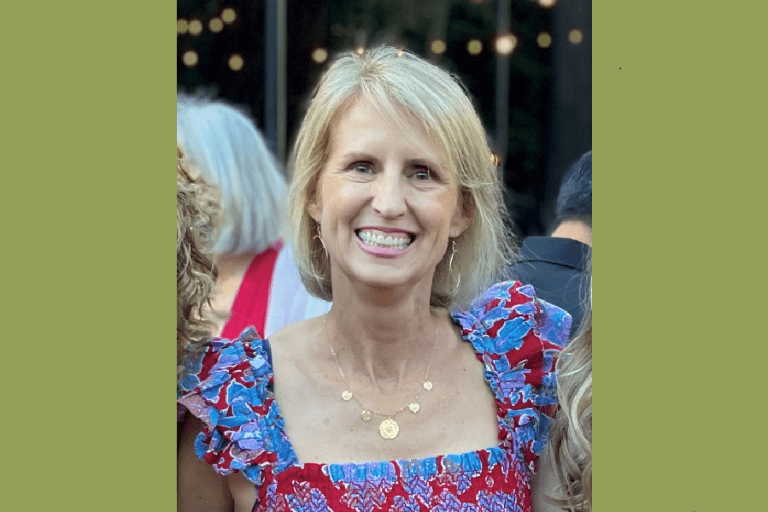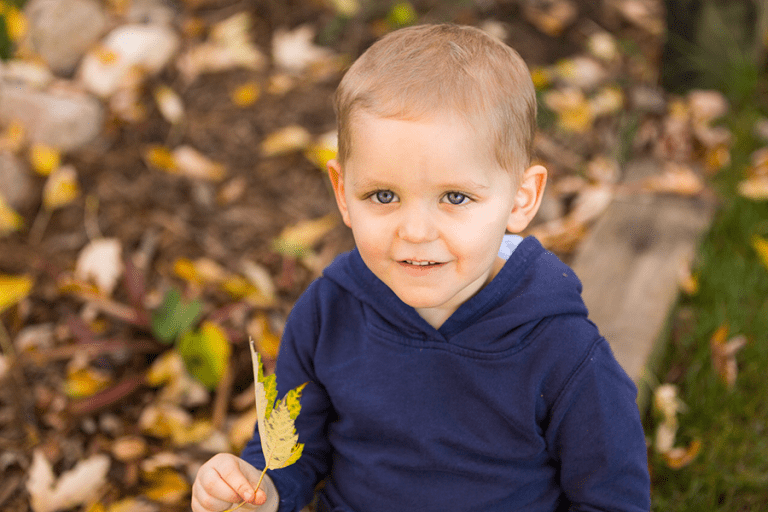“I’m so sorry for your loss.”
These are the words we automatically turn to when someone tells us they’ve lost someone. These words are a good start, but we often find ourselves grasping for more. We want to say something to take away the person’s pain or show them how to feel better. These are good instincts, but impossible to fulfill.
In Part 1 of this three-part series, you’ll learn what grief isn’t and why we sometimes say the wrong thing, even if we’re just trying to help.
Grief is Not...
A problem to be solved or fixed.
Think of it this way: Grief, like love, is a deep emotion that we all experience differently. Grief no more needs a solution than love needs a solution. Grief that comes because of the loss of a loved one cannot be fixed, because the reason for that grief cannot be fixed. Someone who was once there is gone – that’s a fact that can’t be changed.
Why we think this: If we’re not the one experiencing the grief, all we see is the pain the other person is experiencing. We want that pain to go away for them – we want to fix it.
A disease or mental illness to be cured.
Grieving people aren’t sick. The pain of grief is normal, therefore it cannot be cured. However, it does need to be tended to.
Why we think this: Grief can look a lot like depression – they both involve intense sadness and can lead to other symptoms like insomnia and poor appetite. But there are key differences. For example, intense waves of grief are often triggered by thoughts or reminders of its cause, like a diagnosis day, anniversary or birthday. Depression tends to be more persistent, regardless of what’s going on around the person. If a loved one’s grief starts to look more like depression, you may want to encourage them to seek professional help.
Something from which to recover.
To recover means to go back to the way things were. Just as you can’t recover an amputated limb, we can’t recover from the loss of a loved one. But we can learn to integrate the loss into our lives.
Why we think this: Phrases like “time heals all wounds” add to the misunderstanding that grief is like the common cold – that all you can do is wait it out.
“There are wounds in life that can be overcome – transformed through hard self-work. Grief is NOT one of them.” - Megan Devine, author of “It’s Okay You’re NOT Okay”
Now that you know what grief isn’t, check yourself before you deploy one of these common phrases that misunderstand the experience of grief. It’s natural to want to help make things better when a friend expresses their grief to you, but that’s just not something anyone has the power to do. Ask yourself – who am I saying this for? Is this really a comfort to the person experiencing grief? Or is it meant to make me feel better in an uncomfortable situation?
Now that you know what grief isn't, let's move on to Part 2: What is Grief?
Sources: "It's Okay You're NOT Okay" by Megan Devine and RefugeInGrief.com.
Looking for More?
For more advice and ideas about how to help a family facing childhood cancer, download our guide, "Beyond 'I'm Sorry:' Supporting a Family Facing Cancer."




